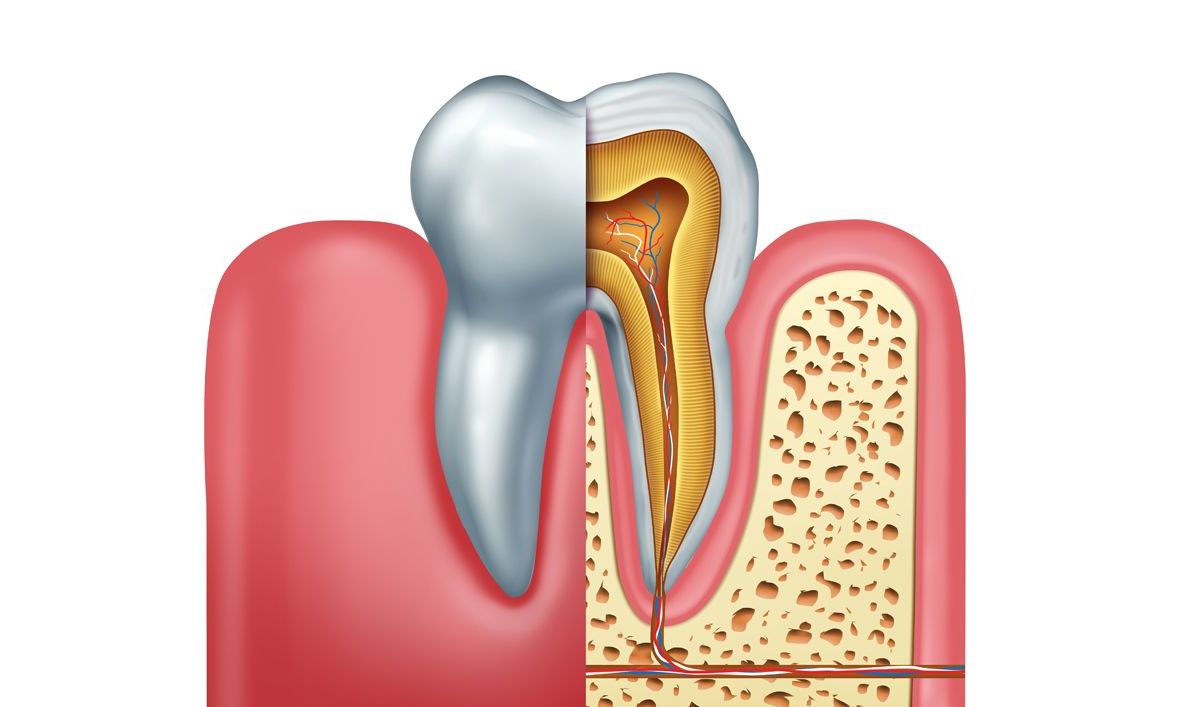Advanced Root Canal Treatment by Top Dentists in Newtown
Root Canal Treatment is a quick and comfortable procedure to eliminate bacteria from the infected tooth. It helps in the restoration of the natural tooth, avoiding the need of a tooth extraction.
After a root canal treatment service at ourclinicin Salt Lake, Rajarhat, and New Town, a common reaction shown by the patients is “Wow, is that it?”

Root canal treatment in New Town is least painful when performed by Endodontists (Root Canal Specialists) at The Newtown Clinic. Patients have expressed that the treatment has been extremely comfortable and convenient for them.
Why and when are root canal treatments required
When cavities are ignored and left untreated, the decay of the tooth advances to the next level. A significant portion of the tooth is destroyed and the pulp is also severely affected. When the pulp gets damaged, the person experiences a chronic dental pain. The pain can only be relieved by restoring the tooth, using root canal treatment.
What is a root canal treatment
In simple terms, root canal treatment is the removal of the infected pulp within the tooth and its replacement by an artificial inert ‘filling’ material. This procedure saves the natural tooth and eliminates the dental pain.

